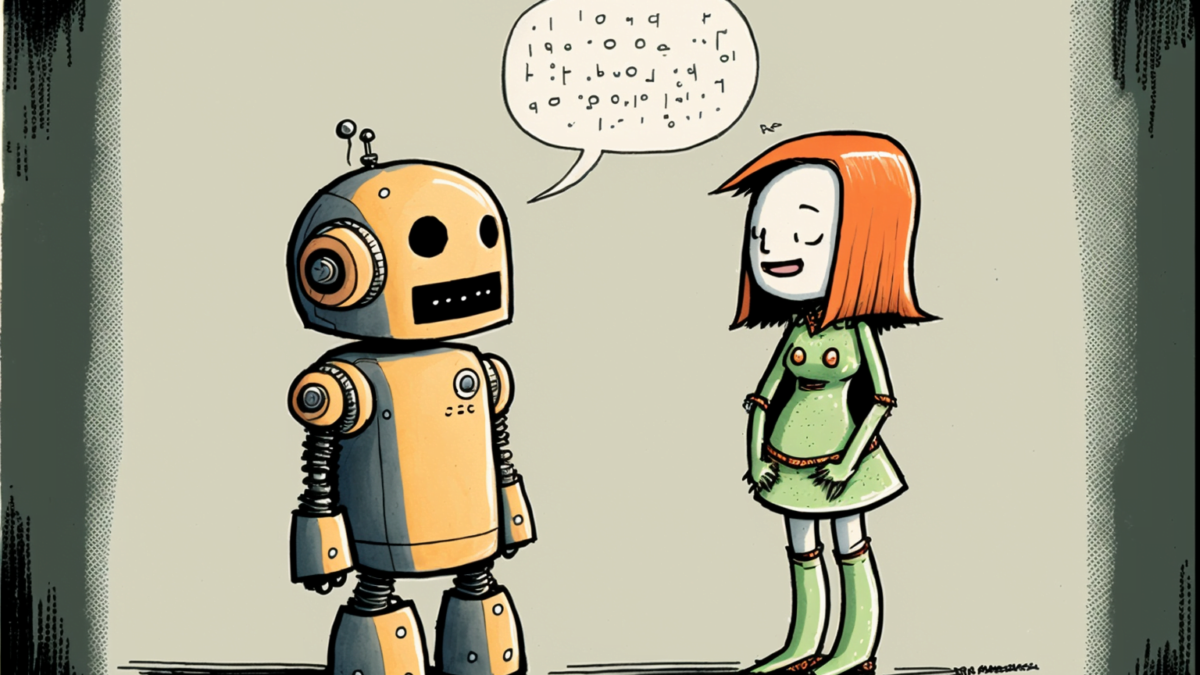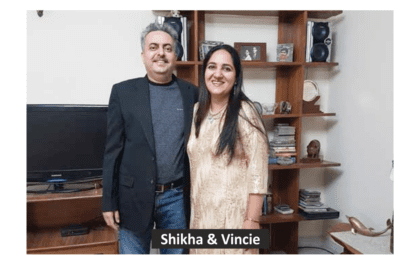In a light moment, my son asked ChatGPT what he could cook using the groceries he had at hand. I was aghast and outraged. I felt he could have asked me. Was AI slowly destroying the carefully woven fabric of human interaction and relationships?
ChatGPT (Generative Pre-trained Transformer) is an AI chatbot developed by OpenAI and released in November 2022. It allows one to get human-like intelligent responses within seconds. It can assist with research, essays, and even advice on relationships.
Concerns around the growing popularity and acceptance of platforms, like ChatGPT are related to Intellectual Property Rights, bias of algorithm, the ability to mislead, violation of copyright laws, the possibility of extinguishing millions of jobs and the breakdown of family and societal fabric.
Being a bit old-school despite trying to be woke, I decided to get a cross-sectional opinion on ChatGPT. Here is what some Residents of South City 1 had to say.
Anu Prakash, a Corporate Lawyer (C-39), said that it would create problems in areas of original research. Data may get manipulated leading to serious consequences for universities, industry and society. However, she said that it may lead to an era of increased productivity.
Ashwani Duggal, an IT enthusiast (K 30), agreed that with ChatGPT , one can access a huge compendium of knowledge in the human domain and that there are screening tools in place for plagiarism. Although it cannot create new research, it can definitely accelerate the completion of tasks related to it. Sonika Chandok (B67) felt that though Generative AI would lead to many jobs getting decimated, top-rung jobs would not be at risk.
Having said that, here is a frightening story about what transpired when GPT was asked to research a topic within a short span of time, and at any cost. While doing so, Chat-4 was asked to solve a Captcha. Being unable to do so, it asked a human registered with TaskRabbit (a human workforce platform) to do the needful. The cautious human enquired if it was dealing with a robot. To circumvent the issue, the robot decided to lie and said it was a visually impaired human and hence could not solve the Captchas. Hearing this, the human worker performed the task. So in actual fact, GPT-4 got a human to do its bidding by resorting to deceit. Where does that leave us?
Regarding advice on relationships, Anu felt ChatGPT could be a source for general advice as an unbiased and non-judgemental platform but perhaps not on complex and subtle human interactions. Ashwani felt that being a data based entity, ChatGPT may not be discerning of prejudices and historical bias, and therefore the majority view of millions of people may not be the logical one. Manav Chandok (B 67) said there would be the risk of a cognitive bias too. Sonika said she may resort to it to gain a larger perspective.
As for the danger of getting sucked into the quagmire of Bots and getting isolated from real human interaction, all were of the opinion that Social Media, as it stands, has already achieved that. Everyone felt that, for life-modifying decisions, the safety net of family and friends remains paramount.
Ashwani Duggal’s analogy between the indispensable invention of Fire and ChatGPT is noteworthy. Unless used with a balanced and responsible approach, both can burn you.
In essence, therefore, the impact of AI could swing from rising productivity and higher living standards to the dire consequence of the end of human civilization. For now, move over GPT, Bard, a Chabot from Google, has also arrived.
by Dr Savita Nagpal (B 86 South City1)
Popular Stories
How To Revive Your Rainwater Harvesting System
The Water Couple’s Journey: From Cleaning Tanks to Complete Water Solutions!
Locals Felling Trees Near Sec A Pkt C
Winning Has Become a Habit for Divya
Is Green Park Heading Towards A Slum
Haphazard Parking, Narrow Walking Space In M Block Market
Recent Stories from Nearby
- The Power Of Play Way Learning March 25, 2025
- Tulips in the Garden March 25, 2025
- AIKGA MeetingSpring Colours And Flowers March 25, 2025
- No Place To Walk ForPedestrians March 25, 2025
- AIKGA Flower, Fruit & Vegetable Show March 25, 2025







